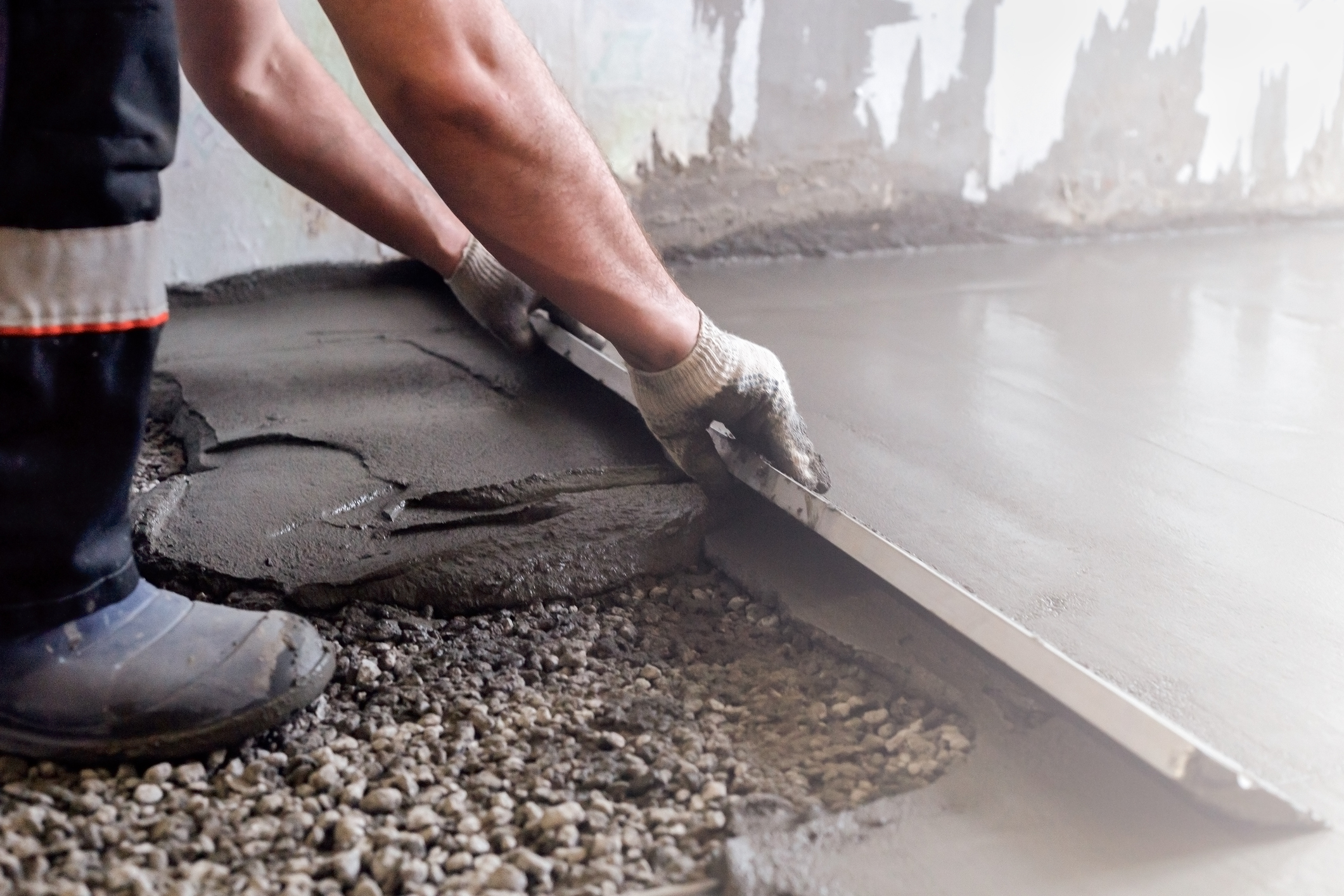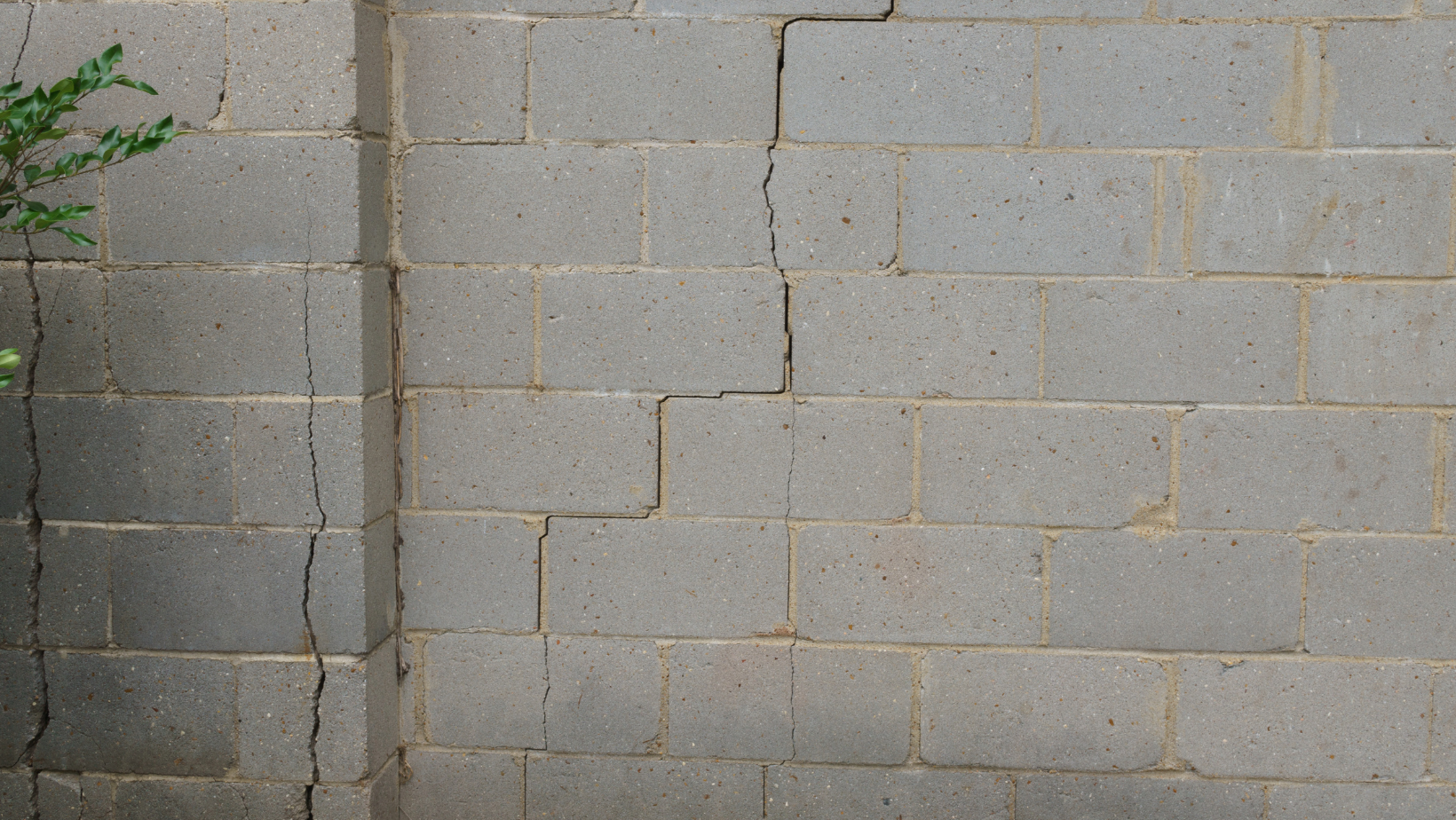 Slab leaks are nothing you want to have in your home. Yet, they are a common plumbing disaster that’s just waiting to occur in your home. They’re basically water leaks originating underneath slabs of concrete in your house. That’s why they’re so frustrating and damaging: you can’t see where they’re coming from because they are happening under all those heavy concrete slabs. That’s why they’re difficult to detect on your own, and why you need a professional to make the diagnosis.
Early detection is vital in terms of getting the repair done quickly and effectively. Not only does the repair have to be made, steps must be taken to ensure more damage doesn’t happen in the future.
Slab leaks are nothing you want to have in your home. Yet, they are a common plumbing disaster that’s just waiting to occur in your home. They’re basically water leaks originating underneath slabs of concrete in your house. That’s why they’re so frustrating and damaging: you can’t see where they’re coming from because they are happening under all those heavy concrete slabs. That’s why they’re difficult to detect on your own, and why you need a professional to make the diagnosis.
Early detection is vital in terms of getting the repair done quickly and effectively. Not only does the repair have to be made, steps must be taken to ensure more damage doesn’t happen in the future.
Slab Leaks are More Serious
Many plumbing issues such as clogs and simple pipe leaks are quite superficial and can be managed easily. But slab leaks are one big plumbing problem that can actually damage your home. Piping and important valves inside your home are likely under the floorboards, inside the walls, and inside premade fixtures which make for easy access some of the time. However, they’re usually located in out of the way places, which makes diagnosing a slab leak nearly impossible for the uninitiated.
A Houston slab repair contractor with many years of experience is necessary to handle the job – one with the technology and equipment to detect leaks quickly and safely. As a homeowner, you have to be proactive and vigilant when assessing your home for pipe, plumbing and slab leaks. Think there’s an issue? Don’t wait. Call someone right away, or risk additional water damage repairs that will cost you an arm and a leg.
Why?
- Well, if you have a small leak inside a wall, it can result in plaster or sheetrock damage that requires costly repair.
- Because water leaks travel along pipes inside walls, where you see the resulting water stain isn’t necessarily where the leak originated. This applies even more often to older homes built under different and outdated building codes.
- Leaks inside walls can travel to electrical paneling, causing loss of power and risk of electrical fires.
- Mold can grow if leaks remain unchecked. Did you know it only takes about 48 hours for mold to start growing? It just needs humidity and a food source. It’s able to travel quickly up through walls and ceilings, worming its way into small nooks and crannies in your home. Mold poses a health risk to occupants, causing respiratory problems such as asthma and bronchitis, along with itchy, watery eyes and headaches.
Where Do Most Leaks Occur?
Most plumbing leaks start around drains, bathtubs, toilets and sinks. Problem is, you likely won’t notice water dripping down, at least not right away. You may only feel a dampness, or spot tile that’s coming up around the edges. This could all mean water is reaching the sub-flooring, where it can lead to rotting and crumbling of the plywood.
Drain leaks happens when sealant around drains gets broken due to wear and tear or old age. The water you empty from your sink or tub may escape down the pipe and cause damage underneath the bathroom – a common problem that many homeowners don’t realize is happening until they notice the water stain downstairs.
Signs of Slab Leaks
Telltale signs of slab leaks include:
- Hot Spots on Flooring
- Water Protrusion From Slab or Ground
- Stoppage or Backup of Toilets, Showers and Tubs
- Foundation Movement or Cracking
- Unexplained Odor
As we said, slab leaks are bad news. Are you prepared?
Avoiding Slab Leaks
Slab leaks are problematic issues that you never want to encounter in your home. They should be fixed as soon as you notice them, or else you could face some pretty high bills – not to mention damage – to your home. Problem is, slab leaks are hidden in the foundation and aren’t easy to detect.
This is why the majority of
slab leaks go undetected for weeks, all the while damaging property and increasing water bills.
Here are some steps you can take to prevent slab leaks and keep them from ruining your home.
Keep Consistent Water Pressure
Your pipes should maintain a certain water pressure threshold on a consistent basis. If you notice the water pressure in your shower is not as strong as it once was, you could have a slab leak. Additionally, if you have narrow pipes, corrosion can set in more quickly because the coating is getting stripped away.
Test Your pH Levels
Your water’s pH level may not be right for your pipes. This means your water could be too hard or soft, corroding the interior of your pipes and causing leaks in the home. Call a plumber or slab leak repair professional to test your pH levels, or take a sample and send it out for testing. This will tell you the hardness or softness of your water so you can have the problem addressed accordingly.
Get an Inspection
A plumber or slab leak repair technician can provide a full inspection of your home and pipes to detect the root cause of your problems. They can also analyze the last year’s worth of water bills to determine whether your water usage jives with what you paid out in that time span. They can monitor the sewage and water lines, and then test the flow to determine the overall water pressure of your plumbing system. This will help detect and even prevent the presence of slab leaks.
In conclusion, slab leak prevention should be on the top of the maintenance list of any homeowner. Being aware of the possible presence of a slab leak can ultimately save you thousands of dollars, not to mention headaches and hassle. Ideally, you want to prevent the damage from happening in the first place. But in the event you have already experienced damage, your first task should be to call a professional before things get worse.
A plumber or foundation repair pro can ensure your pipes are clean and straight, and ensure your foundation is strong and stable. If your foundation has been starting to shift, cracks can form and create leaks that can go undetected for days, weeks or even months. Be on top of these issues so you can have peace of mind!
Contact Aftermath Structural Repair
If you suspect you have a slab leak, or aren’t even sure what the issue is,
contact us right away at 281-231-8904.



